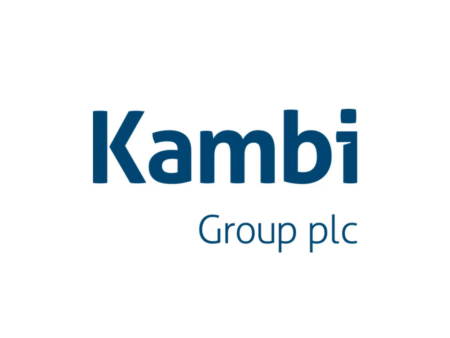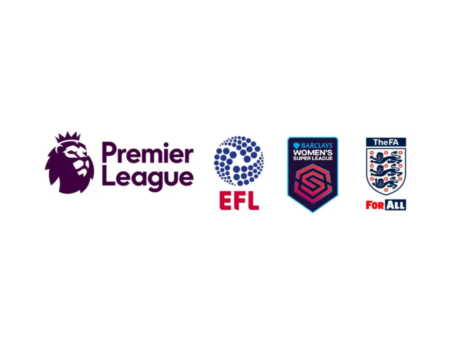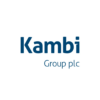In the intricate world of gambling, casinos often rely on independent agents to attract high rollers to their establishments. These individuals, sometimes referred to as junket operators in certain regions like Asia or independent agents in the United States, play a crucial role in facilitating the flow of affluent clientele to casinos worldwide. Las Vegas, renowned as the epicenter of gambling, is no exception, where licensed operators frequently collaborate with independent agents to enhance their business prospects.
Recent developments in Nevada shed light on the evolving landscape of regulations governing the engagement between casinos and independent agents. A notable shift occurred when the Nevada Gaming Commission (NGC) approved revisions to Regulation 25, specifically tailored for independent agents facilitating high-roller clientele for the state’s casino operators.
Previously, stringent reporting requirements mandated quarterly submissions of financial data pertaining to independent agents. However, the regulatory burden was gradually eased with changes transitioning to annual reporting before culminating in the latest amendment. Under the updated rules, licensed gambling operators are tasked with maintaining comprehensive records of independent agents’ activities, thereby streamlining the reporting process.
The primary objective behind the approved changes is to alleviate the administrative burdens placed on gambling operators. By replacing voluminous quarterly reports with a more streamlined record-keeping system, the revised regulations aim to enhance operational efficiency while ensuring regulatory compliance. This paradigm shift underscores a proactive approach by regulatory bodies to foster a conducive environment for the gambling industry to thrive.
Under the new regulatory framework, licensed gambling operators are mandated to maintain detailed records of their interactions with independent agents. These records must encompass critical information such as contract initiation dates, contract durations, and remuneration details. Additionally, licensees are required to retain these records for a period of five years, subject to periodic inspections by the state’s gambling regulator.
The implications extend to independent agents as well, who must operate within the bounds of regulatory compliance. With the focus shifting towards record-keeping at the property level, agents are compelled to ensure transparent and accountable business practices. This aligns with the broader objective of fostering integrity and transparency within the gambling ecosystem.
Diane Presson, a seasoned supervisor with the NGC, provides valuable insights into the regulatory dynamics shaping the gambling industry. With over 300 independent agents actively collaborating with casinos across Nevada, Presson emphasizes the need for diligent monitoring while decentralizing reporting obligations. By entrusting monitoring responsibilities to individual properties, regulators strike a delicate balance between oversight and operational autonomy.
Presson’s perspective underscores the nuanced approach adopted by regulatory authorities, wherein stringent oversight is coupled with pragmatic enforcement mechanisms. This collaborative framework ensures regulatory objectives are met without unduly impeding the operational agility of gambling operators.
In conclusion, the recent regulatory amendments herald a new era of streamlined operations and enhanced compliance within the gambling industry. By rationalizing reporting requirements and emphasizing record-keeping protocols, regulators pave the way for sustainable growth and innovation. Licensees and independent agents alike stand to benefit from a more transparent and accountable operating environment, underpinned by regulatory clarity and pragmatic enforcement mechanisms.
As the gambling landscape continues to evolve, stakeholders must remain adaptive and proactive in navigating regulatory complexities. By embracing forward-thinking regulatory frameworks, the industry can foster trust, integrity, and sustainability while unlocking new avenues for growth and prosperity.

















